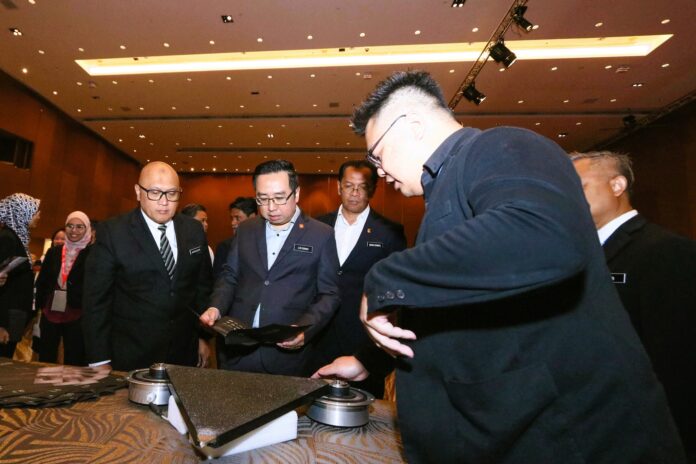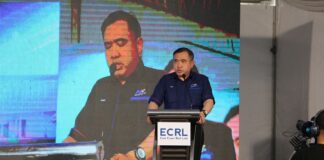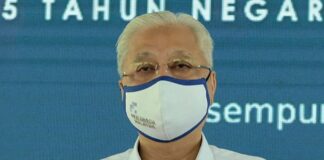KUALA LUMPUR, July 17 — The Hydrogen Economy and Technology Roadmap (HETR) is expected to be launched before the commencement of the 28th Conference of the Parties to the United Nations Framework Convention on Climate Change (UNFCCC COP 28), scheduled from Nov 30 to Dec 12 in Dubai.
Science, Technology and Innovation Minister, Chang Lih Kang, said that the roadmap has already been discussed and agreed by the Cabinet and National Science Council.
“Science, Technology and Innovation (STI) play a very important role, especially in addressing global issues, for this one is climate change.
“We are looking at energy transition…definitely we are also looking at the public-private partnership in order to boost these efforts and initiatives in renewable energy,” he told reporters, after officiating the World Renewable Energy Congress (WREC) XXII 2023, here today.
Earlier in his speech, Chang said that HETR is Science, Technology and Innovation Ministry (MOSTI)’s answer to addressing the three energy challenges, namely reliability, affordability and sustainability, while achieving decarbonisation targets.
He said that HETR is not just a roadmap for decarbonisation through hydrogen, but also a living document for new technologies and innovation in energy transition.
“We welcome the participation and collaboration of international partners and stakeholders in realising the potential of the roadmap,” he added.
Meanwhile, commenting on the first hydrogen plant in Sarawak, Chang said that it has been developed and is expected to begin operation by this year.
He said that the government also planned to establish the second hydrogen plant in Peninsular Malaysia, but would announce the detail later.
The five-day WREC, themed, ‘Transition Towards a Carbon-Free Future’, started yesterday (July 16).
It gathers scientists, policymakers, industry players in renewable energy and students, as well as local community representatives and from around the world.
The congress serves as an important platform for technology exploration and collaboration, as well as brainstorming and sharing of new innovations and best practices in energy transition, to achieve decarbonisation targets.
















